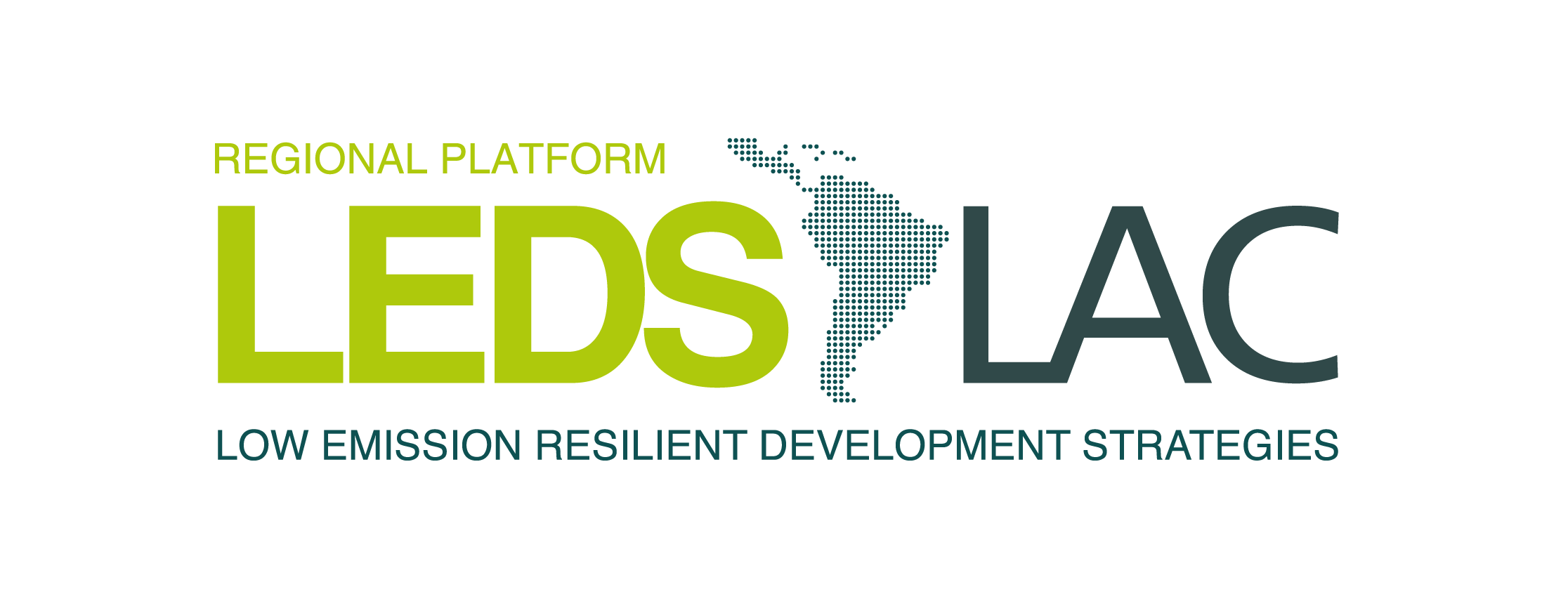[/fusion_text][fusion_separator style_type="none" top_margin="" bottom_margin="" sep_color="" border_size="" icon="" icon_circle="" icon_circle_color="" width="" alignment="" class="" id=""/][/fusion_builder_column][fusion_builder_column type="1_1″ background_position="left top" background_color="" border_size="" border_color="" border_style="solid" spacing="yes" background_image="" background_repeat="no-repeat" padding="" margin_top="0px" margin_bottom="0px" class="" id="" animation_type="" animation_speed="0.3″ animation_direction="left" hide_on_mobile="no" center_content="no" min_height="none"][fusion_youtube id="irrEf7OjIvo" width="600″ height="350″ autoplay="no" api_params="" class=""/][fusion_separator style_type="none" top_margin="" bottom_margin="" sep_color="" border_size="" icon="" icon=""" icon_circle="" icon_circle_color="" width="" alignment="" class="" id=""/][/fusion_builder_column][fusion_builder_column type="1_1″ background_position="left top" background_color="" border_size="" border_color="" border_style="solid" spacing="yes" background_image="" background_repeat="no-repeat" padding="" margin_top="0px" margin_bottom="0px" class="" id="" animation_type="" animation_speed="0.3″ animation_direction="left" hide_on_mobile="no" center_content="no" min_height="none"][fusion_checklist icon="fa-check" iconcolor="#0f5152″ circle="" circlecolor="" size="13px" size="13px" class="" id=""][fusion_li_item icon="fa-calendar"]Day: Jueves 13 de julio de 2017.[/fusion_li_item][fusion_li_item icon=»fa-clock-o»]Time: 08:00 – 10:00 am (hora en Costa Rica)[/fusion_li_item][fusion_li_item icon=»fa-check»]Verifique la hora de acuerdo con su ubicación: http://bit.ly/2tlHXZt[/fusion_li_item][/fusion_checklist][fusion_separator style_type="none" top_margin="" bottom_margin="" sep_color="" border_size="" icon="" icon_circle="" icon_circle_color="" width="" alignment="" class="" id=""/][fusion_text]
Agenda
Introduction.
Ana María Majano. Coordinator of the LEDS LAC Secretariat, Tropical Agricultural Research and Higher Education Center (CATIE).
María Laura Vinuela. Head of the Regional Collaboration Center of Panama and St. Georges.
Daniel Galván. Panama Regional Collaboration Center Technical Officer
Can crowdfunding schemes contribute to the long-term goal of the Paris Agreement? Grant Kirkman. Team Leader, United Nations Framework Convention on Climate Change (UNFCCC). | Download presentation
Increasing project financing in the alternative way. Markus Schwaninger. CFO, Ecoligo. Download presentation
Financing mitigation projects in South America and Africa. Johanna Lesk. Project Manager, Bettervest. Download presentation
Innovative climate finance partnerships. Alexandra Soezer. Technical Advisor on Climate Change, United Nations Development Programme (UNDP). | Download presentation
About the webinar
In order to finance climate change mitigation and green growth, both developed and developing countries will need to seek a mix of financial sources, including but not limited to carbon pricing. The financial risks and rewards associated with renewable energy projects in developing countries must be shared among a greater number of financial institutions, individual investors and public entities to attract the investments needed. Crowd-funding instruments can be part of a set of new and emerging solutions, but they need to reach scale.
The seminar aims to raise awareness among project developers and the private sector on how crowdfunding and crowd-investing platforms can represent a source of financing to catalyze the implementation of climate change mitigation projects, including the CDM in the Latin American and Caribbean regions. The seminar will be held at English. If you have any questions about this event, please contact the LEDS LAC Platform Secretariat: [email protected].
About the panelists
[/fusion_text][/fusion_builder_column][fusion_builder_column type=»1_1″ background_position=»left top» background_color=»» border_size=»» border_color=»» border_style=»solid» spacing=»yes» background_image=»» background_repeat=»no-repeat» padding=»» margin_top=»0px» margin_bottom=»0px» class=»» id=»» animation_type=»» animation_speed=»0.3″ animation_direction=»left» hide_on_mobile=»no» center_content=»no» min_height=»none»][fusion_content_boxes settings_lvl=»parent» layout=»icon-on-side» columns=»1″ icon_align=»left» title_size=»» title_color=»» body_color=»» backgroundcolor=»» icon_circle=»» icon_circle_radius=»» iconcolor=»» circlecolor=»» circlebordercolor=»» circlebordersize=»» outercirclebordercolor=»» outercirclebordersize=»» icon_size=»» icon_hover_type=»» hover_accent_color=»» link_type=»» link_area=»» link_target=»» animation_delay=»» animation_offset=»» animation_type=»0″ animation_direction=»left» animation_speed=»0.1″ margin_top=»» margin_bottom=»» class=»» id=»»][fusion_content_box title=»Sr. Grant Kirkman» icon=»» backgroundcolor=»» iconcolor=»» circlecolor=»» circlebordercolor=»» circlebordersize=»» outercirclebordercolor=»» outercirclebordersize=»» iconrotate=»» iconspin=»no» image=»https://ledslac.org/wp-content/uploads/2017/07/Grant-Kirkman-1.jpg» image_width=»130″ image_height=»130″ link=»» linktext=»» link_target=»_self» animation_type=»» animation_direction=»» animation_speed=»»]Dirige el equipo de relaciones para el financiamiento del desarrollo sostenible en la secretaría de la CMNUCC en Bonn, Alemania (programa del Mecanismo de Desarrollo Sostenible). Antes de incorporarse a la ONU, Grant fue Director de Resiliencia Empresarial y Sostenibilidad de Siemens, Especialista Senior – Fusiones, Adquisiciones en Environ Ramboll y Gerente de Desarrollo de Negocios de Siemens – Fujitsu. Tiene un Doctorado en Bioquímica, un Máster en Finanzas y Estadística y una Licenciatura en Economía.[/fusion_content_box][fusion_content_box title=»Sr. Markus Schwaninger» icon=»» backgroundcolor=»» iconcolor=»» circlecolor=»» circlebordercolor=»» circlebordersize=»» outercirclebordercolor=»» outercirclebordersize=»» iconrotate=»» iconspin=»no» image=»https://ledslac.org/wp-content/uploads/2017/07/Marcus.png» image_width=»130″ image_height=»130″ link=»» linktext=»» link_target=»_self» animation_type=»» animation_direction=»» animation_speed=»»]Markus Schwaninger es cofundador y director financiero de Ecoligo, una empresa de servicios públicos que ofrece energía solar de bajo costo a las empresas de África. Trabajó como Gerente de Proyecto para la Agencia Alemana de Cooperación Internacional (GIZ) y fue responsable de asesorar a las compañías solares que ingresan a los mercados de Ghana, Kenia, Tanzania y Myanmar. Estudió Ingeniería de Negocios con un enfoque en Energías Renovables y Finanzas en KIT (Karlsruhe Institute of Technology) en Karlsruhe, Alemania. También es un experto certificado en energía del clima y de las energías renovables, que es un grado de posgrado de la escuela de Frankfurt de gerencia y finanzas.[/fusion_content_box][fusion_content_box title=»Sra. Johanna Lesk» icon=»» backgroundcolor=»» iconcolor=»» circlecolor=»» circlebordercolor=»» circlebordersize=»» outercirclebordercolor=»» outercirclebordersize=»» iconrotate=»» iconspin=»no» image=»https://ledslac.org/wp-content/uploads/2017/07/Johanna.png» image_width=»130″ image_height=»130″ link=»» linktext=»» link_target=»_self» animation_type=»» animation_direction=»» animation_speed=»»]Gerente de proyecto de Bettervest. Estudió tecnología de las energías renovables en la Universidad de Ciencias Aplicadas de Nordhausen, Turingia, Alemania, y tiene una Licenciatura en Ingeniería. Sus estudios se enfocaron en energía solar, energía eólica, energía geotérmica y biomasa / biogás. Su tesis de licenciatura fue acerca de la reutilización del calor de las aguas residuales y el reciclaje de aguas grises en una casa pasiva para hacer la casa aún más eficiente de la energía.[/fusion_content_box][fusion_content_box title=»Sra. Alexandra Soezer» icon=»» backgroundcolor=»» iconcolor=»» circlecolor=»» circlebordercolor=»» circlebordersize=»» outercirclebordercolor=»» outercirclebordersize=»» iconrotate=»» iconspin=»no» image=»https://ledslac.org/wp-content/uploads/2017/07/Alexandra.png» image_width=»130″ image_height=»130″ link=»» linktext=»» link_target=»_self» animation_type=»» animation_direction=»» animation_speed=»»]Actualmente trabaja con el Programa de Desarrollo de Capacidades Bajas en Emisiones. Apoya a los países en el diseño de Acciones de Mitigación apropiadas a nivel nacional en una variedad de sectores. Alexandra ha estado trabajando con MDG Carbon, el marco corporativo del PNUD para el financiamiento de carbono durante casi 7 años. Alexandra realizó su doctorado en Ciencias Ambientales en el Instituto Austriaco de Tecnología con especialización en tensiones micro-climáticas fluctuantes en las plantas.[/fusion_content_box][/fusion_content_boxes][fusion_separator style_type=»none» top_margin=»» bottom_margin=»» sep_color=»» border_size=»» icon=»» icon_circle=»» icon_circle_color=»» width=»» alignment=»» class=»» id=»»/][/fusion_builder_column][fusion_builder_column type=»1_1″ background_position=»left top» background_color=»» border_size=»» border_color=»» border_style=»solid» spacing=»yes» background_image=»» background_repeat=»no-repeat» padding=»» margin_top=»0px» margin_bottom=»0px» class=»» id=»» animation_type=»» animation_speed=»0.3″ animation_direction=»left» hide_on_mobile=»no» center_content=»no» min_height=»none»][fusion_content_boxes settings_lvl=»parent» layout=»clean-horizontal» columns=»1″ icon_align=»right» title_size=»» title_color=»» body_color=»» backgroundcolor=»» icon_circle=»» icon_circle_radius=»» iconcolor=»» circlecolor=»» circlebordercolor=»» circlebordersize=»» outercirclebordercolor=»» outercirclebordersize=»» icon_size=»» icon_hover_type=»» hover_accent_color=»» link_type=»» link_area=»» link_target=»» animation_delay=»» animation_offset=»» animation_type=»0″ animation_direction=»left» animation_speed=»0.1″ margin_top=»» margin_bottom=»» class=»» id=»»][fusion_content_box title=»Este webinar ha sido organizado en conjunto con:» icon=»» backgroundcolor=»» iconcolor=»» circlecolor=»» circlebordercolor=»» circlebordersize=»» outercirclebordercolor=»» outercirclebordersize=»» iconrotate=»» iconspin=»no» image=»https://ledslac.org/wp-content/uploads/2017/07/RCC_Panama_mockup-1-1024×475.png» image_width=»300″ image_height=»300″ link=»» linktext=»» link_target=»_self» animation_type=»» animation_direction=»» animation_speed=»»][/fusion_content_box][/fusion_content_boxes][/fusion_builder_column][/fusion_builder_row][/fusion_builder_container]
